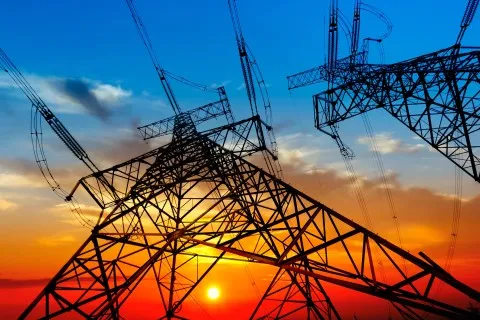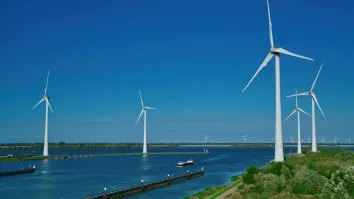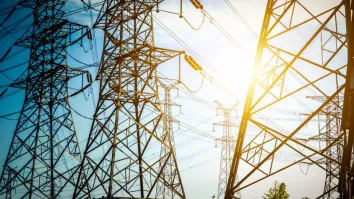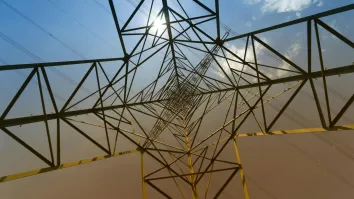
Year in Review: Here are the Asian Power's most read news in 2016
We caught Vietnam's 180-degree turn from being a nuclear leader to a nuclear naysayer.
It has been another whirlwind year for the Asian power industry, and Asian Power has been amidst all the news. In January, we reported that Vietnam was leading the pack in nuclear energy development as it eyes energy independence through nuke.
Recent resumption of nuclear power generation in Japan became a signal to other Asian countries. Several Asean states – Indonesia, Malaysia, Laos, Cambodia, Myanmar, and Thailand – are also considering development of national nuclear programme as the key to sustainable energy mix to provide growing baseload demands. Despite a heightened interest in nuclear energy, the region continues to ramp-up coal-fired power capacity amidst growing international concerns about rising carbon emissions. Asian Power reported in February that the implementation of 'clean coal' technology will register only limited progress over the next decade due to high costs and limited commercial viability.
However, not all firms are biting the nuclear bait as CGN Power said no to pursuing nuclear deals in the UK in late March. Under a non-competition deed granted by CGNPC, CGN Power has the option of investing in any UK nuclear project that is either being planned or constructed by the parent group. Its independent non-executive directors of CGN Power have elected not to pursue the UK projects, which was deemed a "sensible move" by analysts.
India is one of those aggressively pushing for nuclear energy, but it's also the leader in renewables. In May, India was ranked world's 4th in cumulative installations of wind projects by the Global Wind Energy Council. It has struggled over the years to repeat the strong market performance of 2011 when over 3 GW was installed. 2015 seems to signal the onset of a recovery phase given the government’s desire to address some of the structural bottlenecks in the market.
In June, we reported that India's planned 8.76GW additional wind capacity will trump other countries' records. 2016 will be a record year for India and Japan, which will help drive APeC (Asia Pacific excluding China) to a new high again with growth of 25% YoY.
Over to Malaysia, power plant builds are still booming as it kicked off construction for the US$2.6b 2,000MW Jimah East Power project in early August. South Korea, on the contrary, is retiring 10 coal-fired power plants in a dramatic bid to show its serious intention of committing to renewables and energy sustainability. The shutdown revelation was announced in the Asia Power Week in Seoul, where our Asian Power Awards 2016 was also held in September. Get a recap of what happened then and what firms bagged which awards in this link.
And lastly, Asian Power is among the first news websites to break the news on Vietnam giving a final "no" to nuclear energy plans with Russian and Japanese firms in November--a complete 180-degree turn from its commitment in January.



















 Advertise
Advertise







